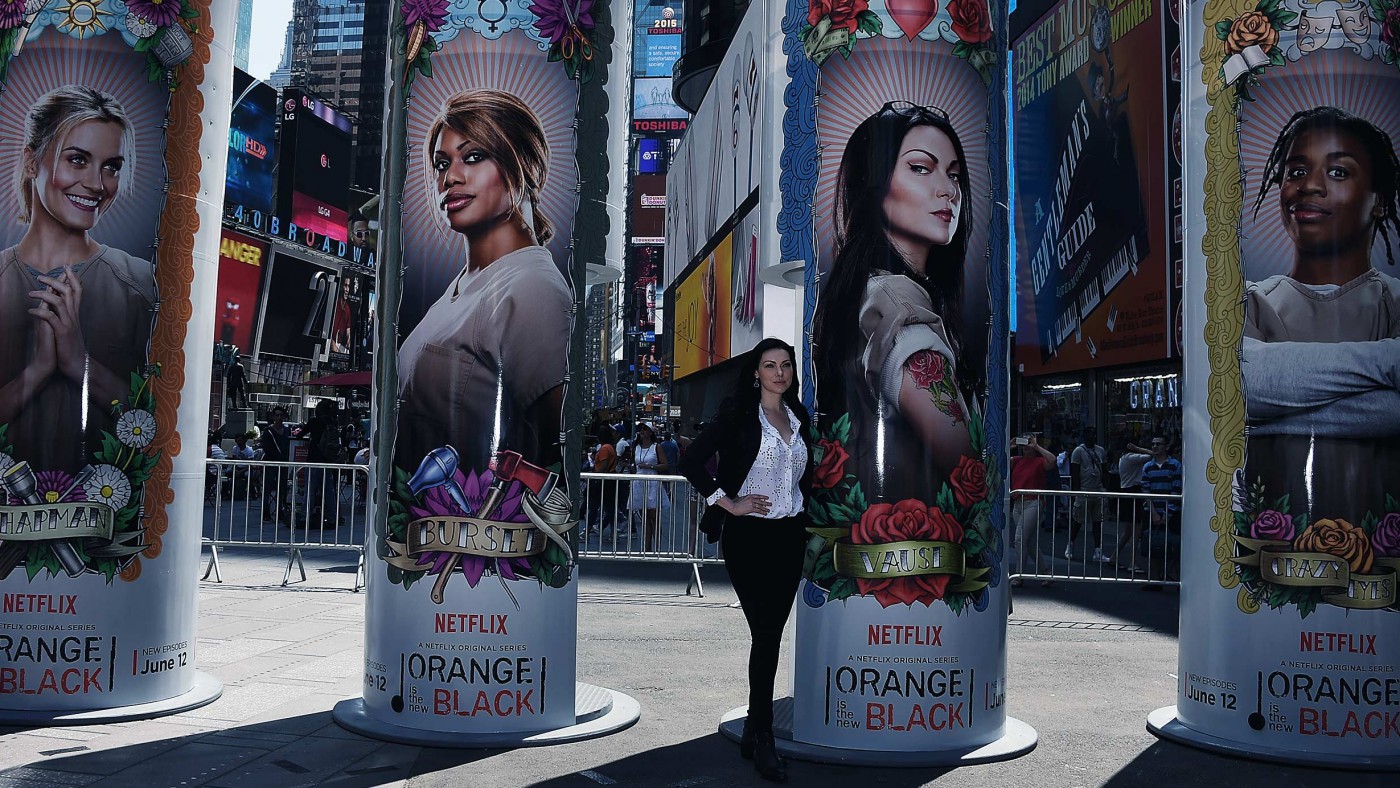The leading technology companies of any era always engage in some pretty serious turf warfare, whether it is over super-computers or microchips. One of the current battles occupying today’s tech titans is over media streaming, and it is helping consumers get the content they want, at increasingly good value.
Barely a week goes by without a major tech firm announcing or launching a new product in media stream space. Following on from Google Music, and the highly hyped arrival of Apple Music at the end of June, Amazon brought its music streaming to the UK just a matter of days ago, and Microsoft just revamped its XBox music app, now called Groove. Despite official statements from Facebook playing down the possibility, Mark Zuckerberg’s social media giant is also strongly rumoured to be preparing its charge towards this front, likely with a free service.
Oh yes, and there is also Tidal from Rapper Jay Z, Rdio, Deezer, and YouTube is allowing invites to its YouTube Music Key offering too.
The big Silicon Valley firms are following the lead of Spotify, the Swedish startup who really kick started the arms race in music streaming with its service, paid for via a freemium model of advertising and subscriptions. Of course, a collection of companies trying to outdo each other in the same space tends to be good for us punters. Currently the monthly subscription rates for these music services are at the same level of £9.99, normally paid after a free month free trial. However, as they increasingly replace traditional record collections, it is likely that prices will have to come down to attract new users, and keep existing ones. For many customers, that low price point means signing up for these services, through which music can then be accessed across a variety of devices, is basically a no brainer.
It is obviously not just music where streaming is hugely beneficial. The positives of growing competition in digital media for consumers are perfectly demonstrated in video streaming too. Netflix and Amazon Prime Instant Video are currently battling it out for supremacy in this space. Consequently they are both trying to get the best programme and film rights, as well working to produce better original content themselves, in order to attract eyeballs and the income that they bring. Anyone who has enjoyed Orange is the New Black and House of Cards on Netflix, or is looking forward to the return of Jeremy Clarkson and co. on Amazon, will be able to see the benefits of the competition between the firms.
As more and more original content is made for these services, a far greater number will begin watching it than the 31 per cent who currently do, as revealed by Ofcom on Thursday. It’s not hard to see why the companies want to get involved in this sector. 11m people have signed up for a trial of Apple Music since its launch just five weeks ago, and no doubt a large proportion of those will stay on after the three month trial ends. Spotify boasts 20m subscribers and 75m active users, while Ofcom says that Netflix had 4.3m customers in the first three months of this year.
The changes also mean that content makers, particularly musicians, are being giving more power to protect their work. Slowly but surely they are managing to reverse the situation that occurred before iTunes came along, when music was deemed by consumers to be something that they got for free. Pop superstar Taylor Swift famously laid down the law to Apple, when it initially refused to pay artists’ royalties during the free three months it offered at launch, before u-turning. Spotify are missing out on her music due to their refusal to pay. If enough other artists followed the same route, Spotify would be forced to pay up or lose listeners. The payer is increasingly in the hands of the artists, as they have more and more outlets for their music. In video, YouTube and other less legitimate sites, were also notorious for allowing people to watch television programmes and films for nothing. Low cost, high quality alternatives are now helping to counter piracy, which in turns helps create jobs and growth in the creative industries.
At the moment things are working well then. However, we do have to be careful that the interventions of Apple, Amazon et al does not mean that smaller companies like Spotify and Netflix get overrun. Apple Music has been branded a Spotify killer by some tech commentators, but that is not necessarily something we should cheer. It is the variety of firms operating in the sector that is good for consumers. Having just two or three all consuming giants would not be.
As data and storage gets cheaper, we are going to be able to stream video and audio content at increasing quality and speed. The fertile competition that this will bring can only be good for the paying public, as well as the artists that make the music, programmes, and films that we love.
Now… back to binge watching Orange is the New Black…


